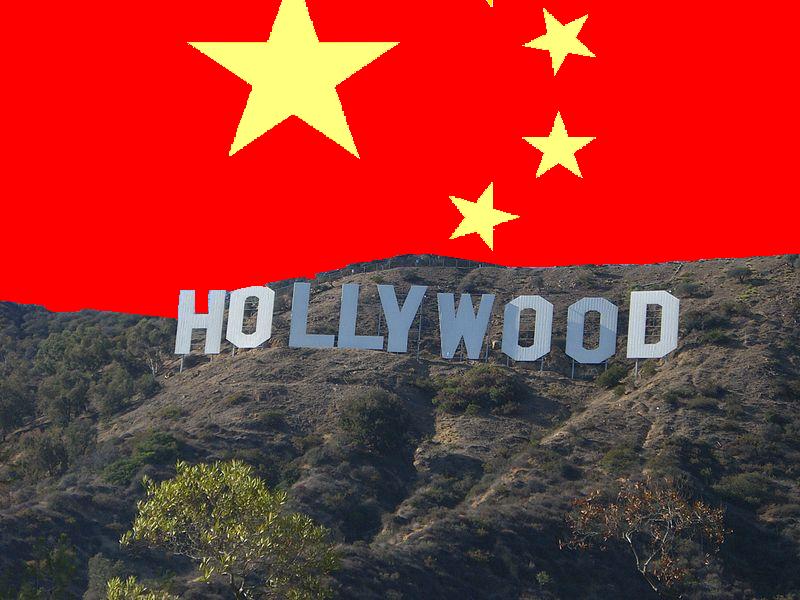Although the number of people going to movie theatres in North America in 2014 fell to its lowest level in two decades, the importance of international cinema remains on the rise. In particular, China has stood out as the second largest global film market, with box office sales up 36 percent in 2014. With nearly 100 new screens being built every week, China has now begun influencing American filmmakers to rethink the types of movies they produce, and how they produce them. Many of these large US film studios are catering to the Chinese by changing parts of movies from the original before overseas release.
Film producers in the United States are realizing that the simplest way to produce an internationally successful movie is to create a story with more fascinating scenery and less dialogue, because language translates across the globe more poorly than imagery. Another revenue generating method has been to use previously popular books or film franchises because they exhibit conventions and stories based on heroes that viewers all around the world recognize and enjoy.
Of Hollywood’s top 10 grossing films of 2014, seven are parts of a larger series and many of them are franchises based around action and adventure. All include a lot of action and computer-generated imagery, with storylines that are easy to follow and require little cultural translation. It is not surprising that overseas sales, mainly from China, have greatly inflated the revenues.
Last year, Chinese cinemas took in 29.6 billion yuan ($4.77 billion) in ticket sales, with domestic films accounting for a little more than half the total. Even with the Chinese quota allowing only 34 movies to be imported from foreign countries, the US has managed to capture almost all of the remaining Chinese box office income.
While many US domestic films still turn good profits, more and more studios are spending hundreds of millions of dollars towards big international movies hoping to become successful in China. A recent $210 million dollar blockbuster, Transformers Four: The Age of Extinction, was reviewed by many American critics as meaningless mayhem. Popular North American movie review websites such as IMDB and Rotten Tomatoes threw plenty of jabs at the movie, rating it very poorly. Director Michael Bay, however, defied critics and the film became the top grossing motion picture of 2014. The total gross was heavily based on Chinese viewership, and foreign appeal was created through Bay’s advertisement of the film.
With much fanfare, Bay’s Transformers hosted three premieres in Beijing, Shanghai and Hong Kong with a strong Chinese angle aimed at wooing local audiences. His company, wishing to break into Chinese cinema, appealed not only to the citizens of China, but the government as well. Bay’s film did not have any images or dialogue perceived as disrespectful to Chinese culture and did not contain nudity or excessive violence which would have breached Chinese film customs.
Other American film companies, such as 21st Century Fox, and Disney have projects or companies now based in China, in order to be perceived as a local organization and not a foreign export. Many sources say China’s box office revenue will surpass the United States’ in the next few years.
Much of the profit still flows back into US coffers, while Chinese films are hard pressed to engage American audiences and find their way into American theatres. Even Chinese box office winners don’t do well globally. The record-breaking comedy Lost in Thailand generated nearly $200 million in China but only $60,000 in the US. With America’s grasp on the film industry safe for the time being, it will be interesting to see how much influence China continues to have in Hollywood, and what this means for independent film makers in America who do not get to reap the overseas potential.





